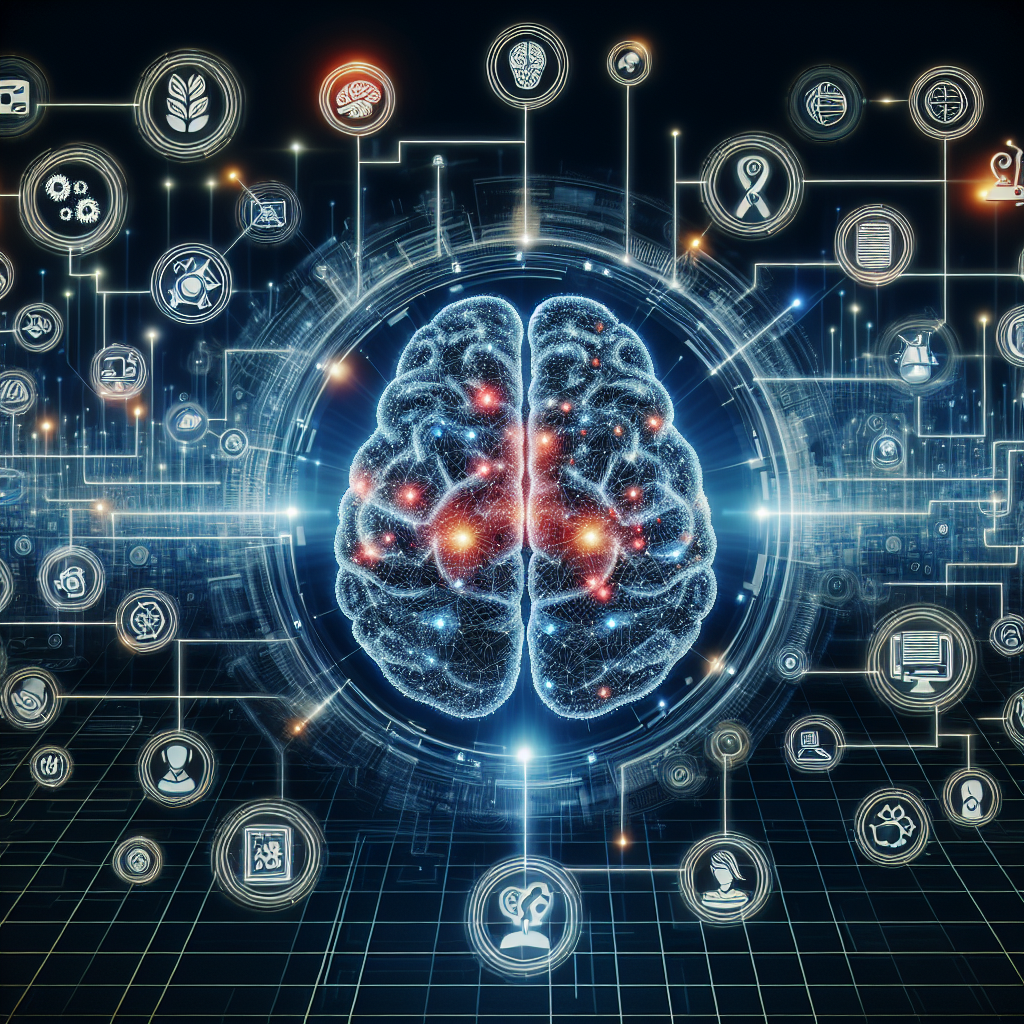The Future of Work: How Will AGI Impact the Job Market?
In recent years, advancements in artificial intelligence (AI) have been rapidly changing the way we work and live. From chatbots to self-driving cars, AI technology has already made a significant impact on various industries. However, the next frontier in AI development is the creation of Artificial General Intelligence (AGI), which refers to AI systems that can perform any intellectual task that a human being can do.
While AGI has the potential to revolutionize many aspects of our society, its impact on the job market is a topic of much debate and speculation. Some experts believe that AGI will lead to massive job displacement and widespread unemployment, while others argue that it will create new opportunities and lead to a more efficient and productive workforce. In this article, we will explore the potential impact of AGI on the job market and discuss the challenges and opportunities that it presents.
The Rise of Artificial General Intelligence
Before we delve into the potential impact of AGI on the job market, let’s first understand what AGI is and how it differs from other forms of AI. Artificial General Intelligence refers to machines that can understand, learn, and apply knowledge across a wide range of tasks, much like a human being. Unlike narrow AI systems that are designed to perform specific tasks, AGI is intended to have the same cognitive abilities as a human being.
While AGI is still in the early stages of development, researchers and technologists are making significant strides in creating AI systems that can learn and adapt to new situations. Companies like OpenAI and DeepMind are at the forefront of AGI research, and their work is paving the way for a future where machines can perform complex cognitive tasks with human-like intelligence.
The Impact of AGI on the Job Market
The potential impact of AGI on the job market is a topic of much debate among economists, policymakers, and technologists. Some experts believe that AGI will lead to widespread job displacement as machines take over tasks that are currently performed by humans. For example, AGI systems could replace human workers in industries such as manufacturing, transportation, and customer service, leading to mass unemployment and economic upheaval.
On the other hand, some experts argue that AGI will create new job opportunities and lead to a more efficient and productive workforce. They believe that AGI will enable humans to focus on tasks that require creativity, critical thinking, and emotional intelligence, while machines handle repetitive and mundane tasks. This could lead to a more skilled and specialized workforce, with humans and machines working together to create innovative solutions and drive economic growth.
Challenges and Opportunities
While the potential impact of AGI on the job market is still uncertain, there are several challenges and opportunities that come with the rise of this technology. One of the biggest challenges is ensuring that workers are equipped with the skills and knowledge needed to thrive in an AI-driven economy. As machines take over routine tasks, humans will need to develop skills in areas such as problem-solving, creativity, and emotional intelligence to remain competitive in the job market.
Another challenge is ensuring that AGI is developed and deployed in an ethical and responsible manner. As AI systems become more advanced, there are concerns about the potential for bias, discrimination, and misuse of the technology. It will be crucial for policymakers, technologists, and industry leaders to work together to establish guidelines and regulations that protect workers and ensure that AGI is used for the benefit of society.
Despite these challenges, the rise of AGI also presents many opportunities for innovation and growth. As machines take over routine tasks, humans will have more time to focus on tasks that require empathy, creativity, and critical thinking. This could lead to new job opportunities in fields such as healthcare, education, and creative industries, where human skills are essential.
FAQs
Q: Will AGI lead to mass unemployment?
A: While AGI has the potential to automate many tasks currently performed by humans, it is unlikely to lead to mass unemployment. Instead, AGI is likely to create new job opportunities and lead to a more efficient and productive workforce.
Q: What skills will be most important in an AI-driven economy?
A: In an AI-driven economy, skills such as problem-solving, creativity, and emotional intelligence will be essential for workers to thrive. Humans will need to develop skills that are difficult for machines to replicate, such as empathy and critical thinking.
Q: How can policymakers ensure that AGI is developed responsibly?
A: Policymakers can ensure that AGI is developed responsibly by establishing guidelines and regulations that protect workers and ensure that the technology is used for the benefit of society. It will be crucial for policymakers, technologists, and industry leaders to work together to address ethical and social concerns related to AGI.
In conclusion, the rise of Artificial General Intelligence has the potential to revolutionize the way we work and live. While there are challenges and uncertainties surrounding the impact of AGI on the job market, there are also many opportunities for innovation and growth. By preparing for the changes that AGI will bring and collaborating to address ethical and social concerns, we can ensure that this technology benefits society as a whole.

